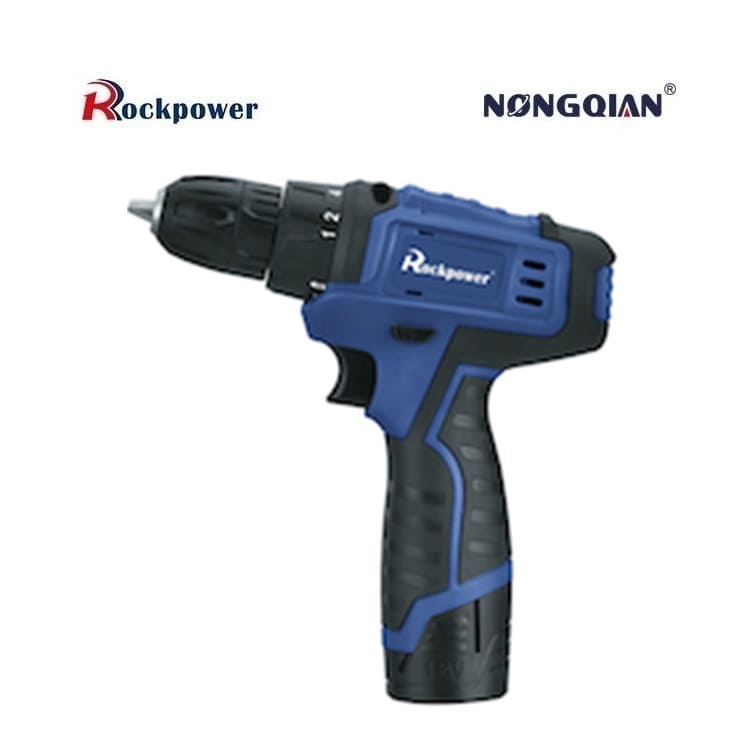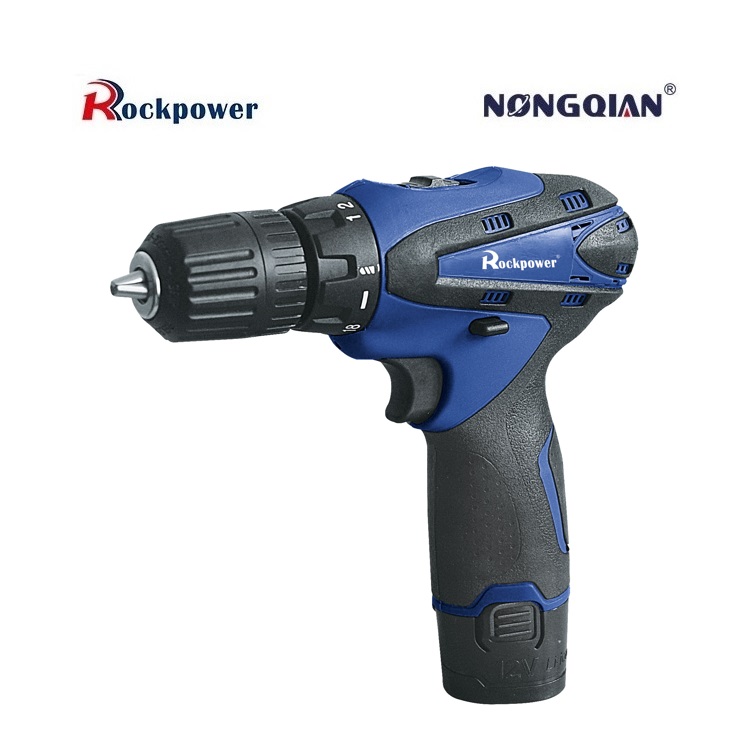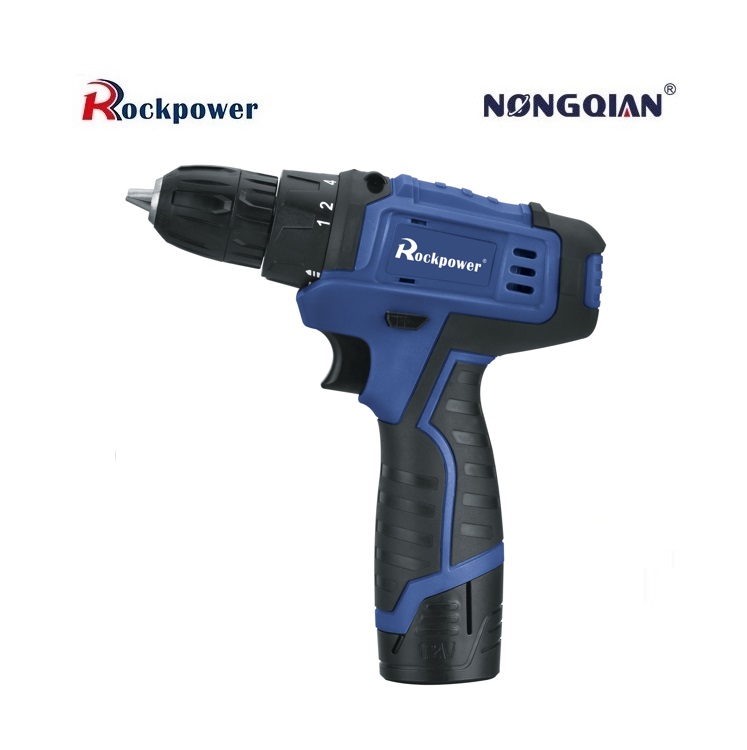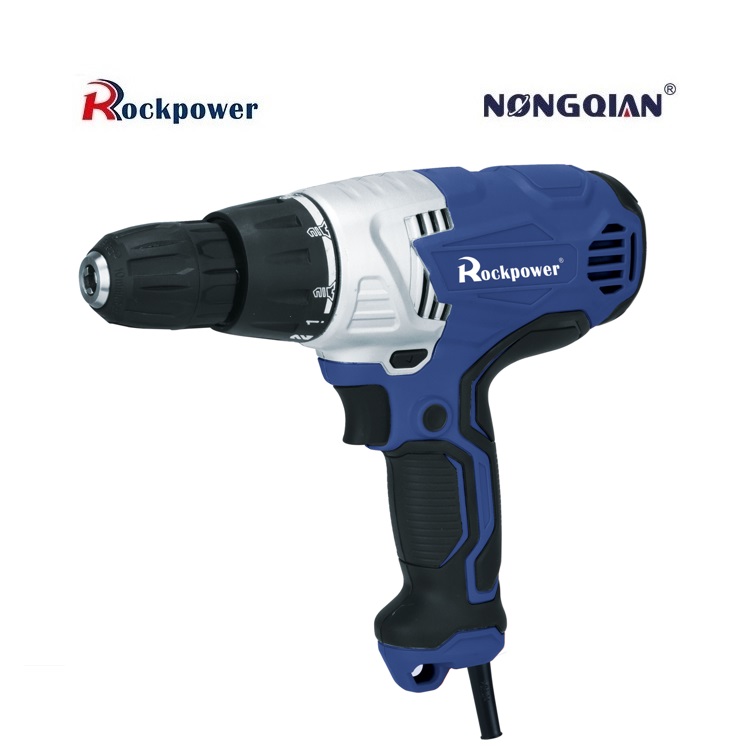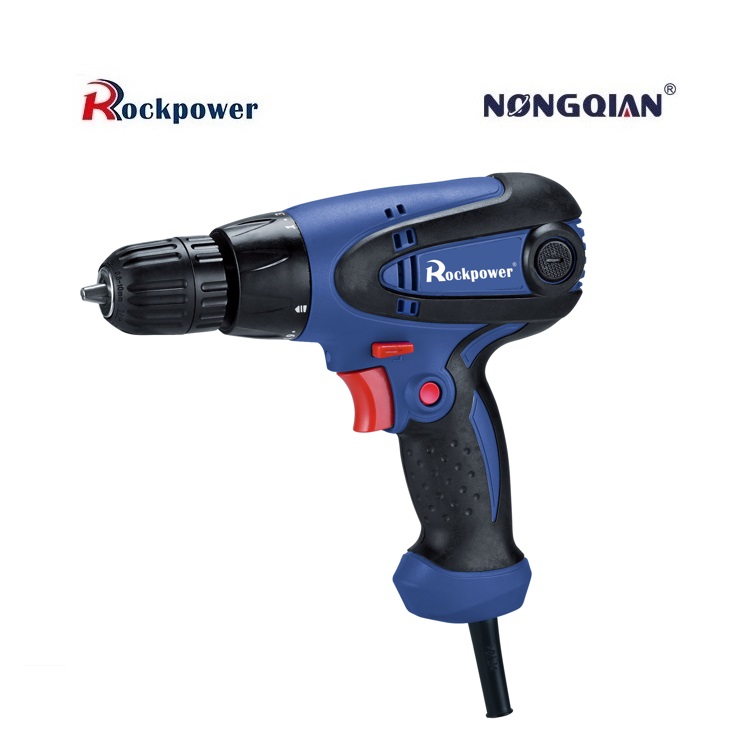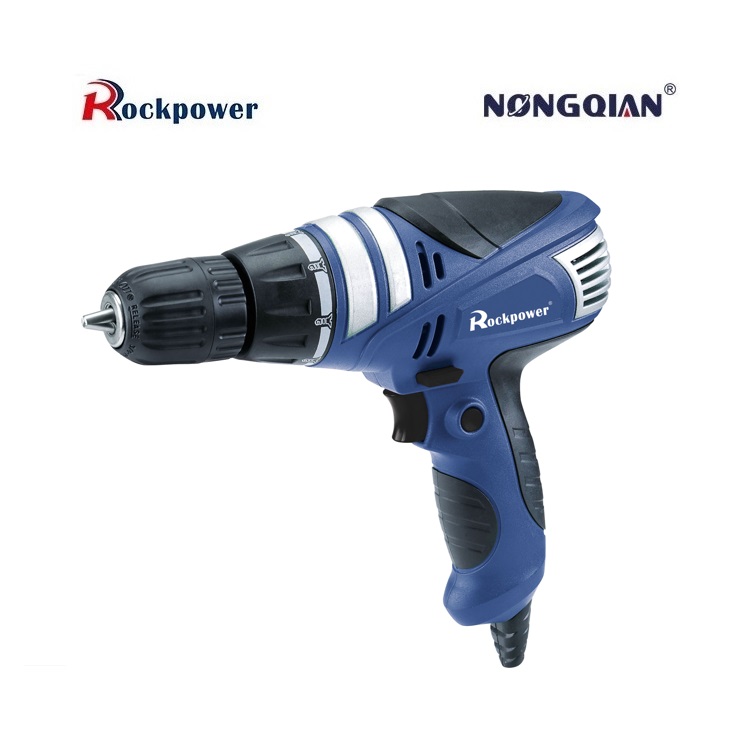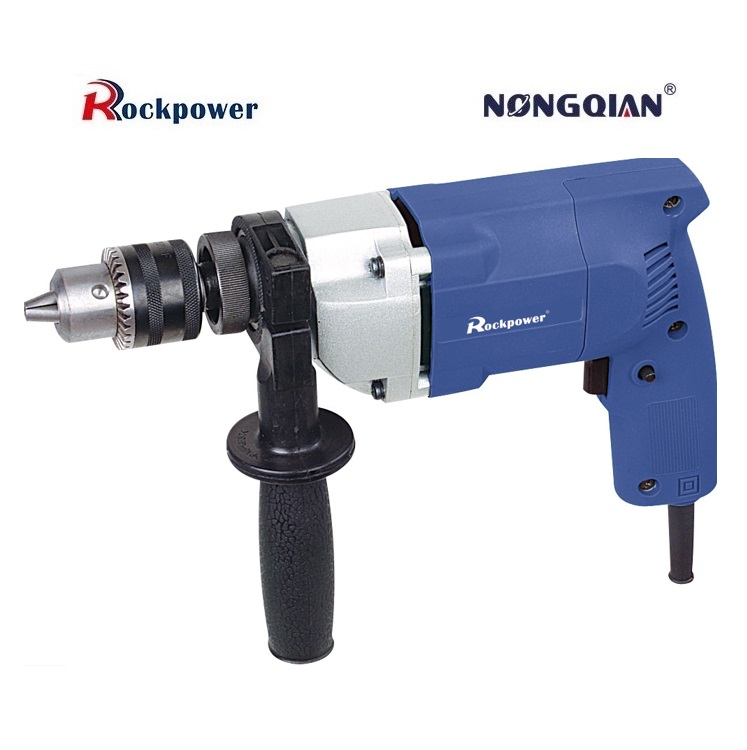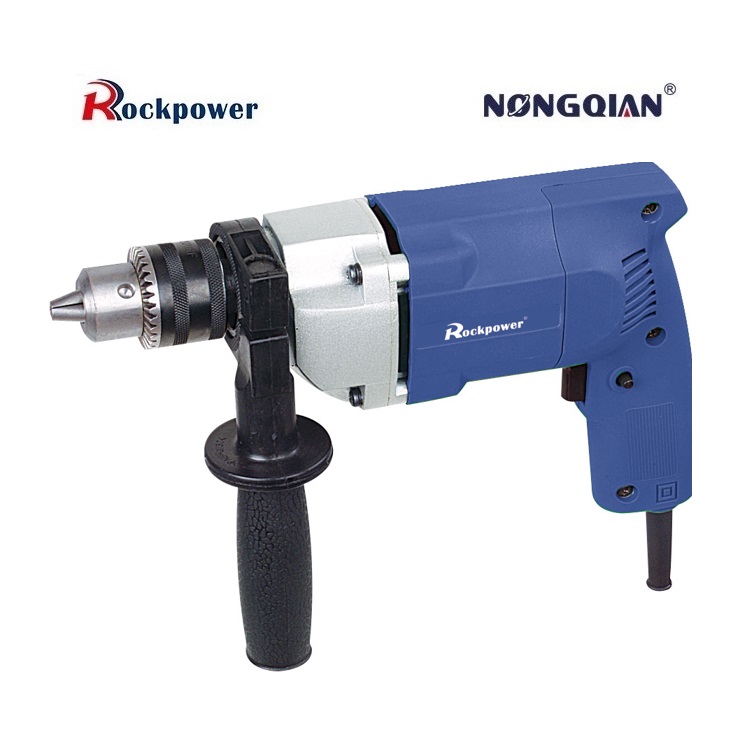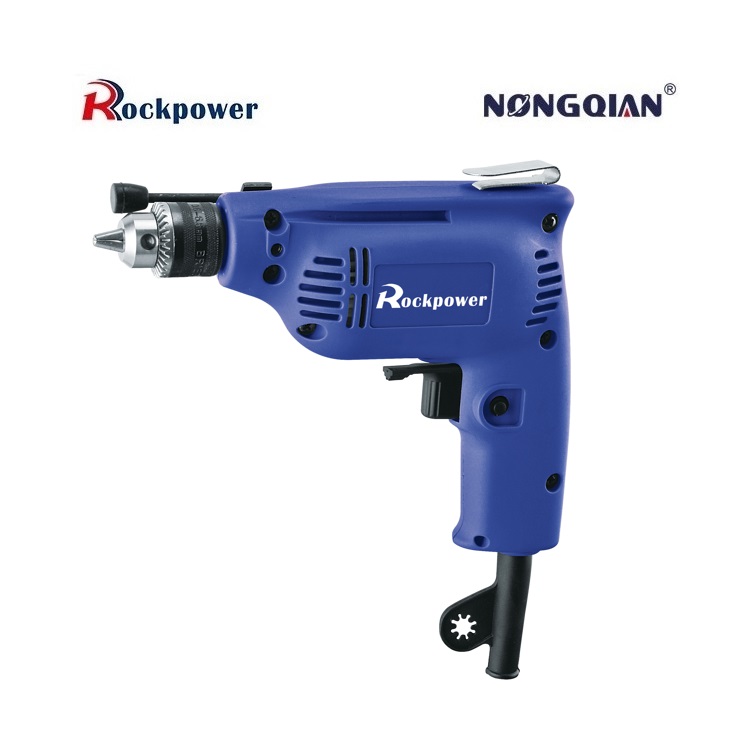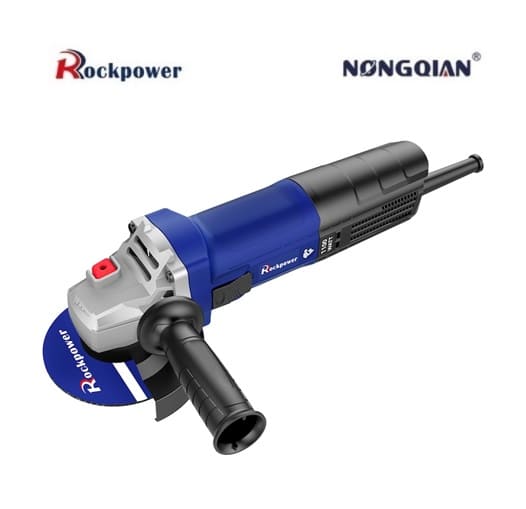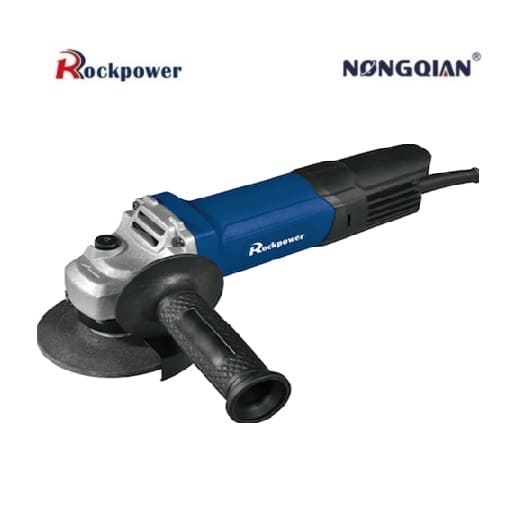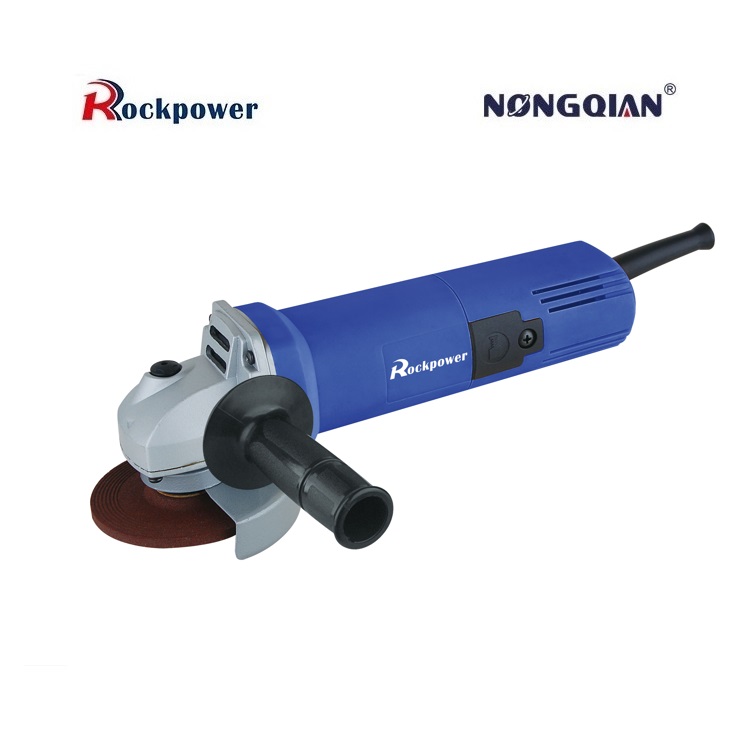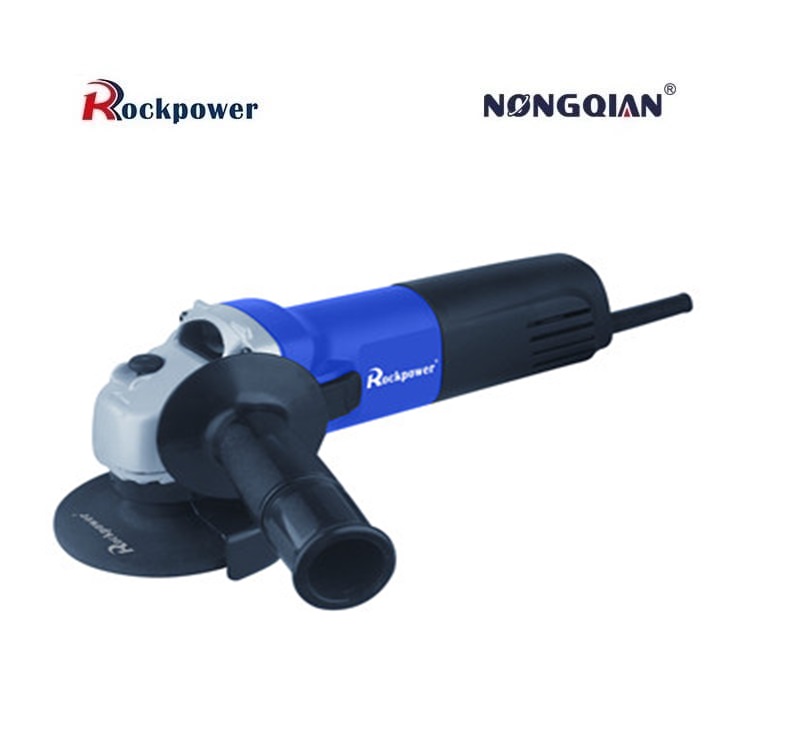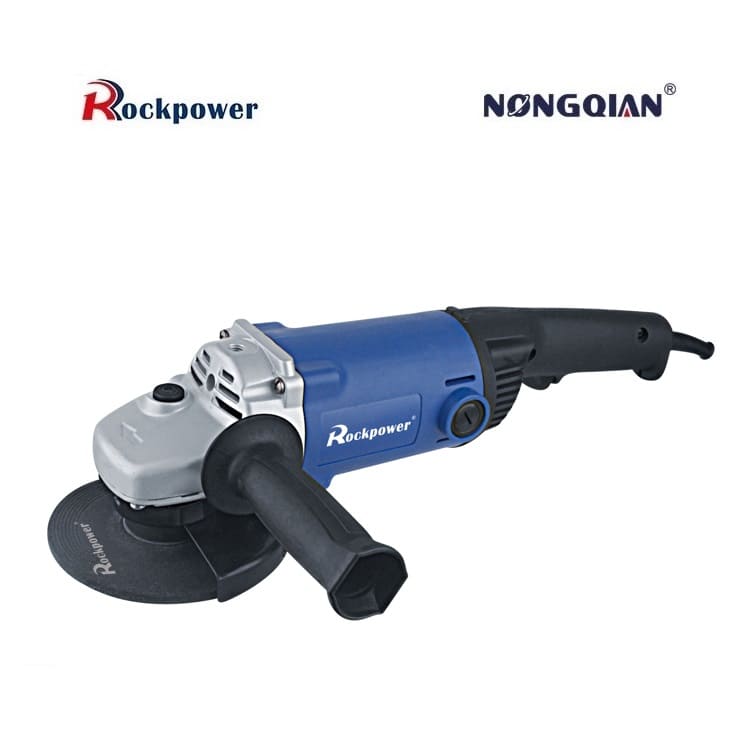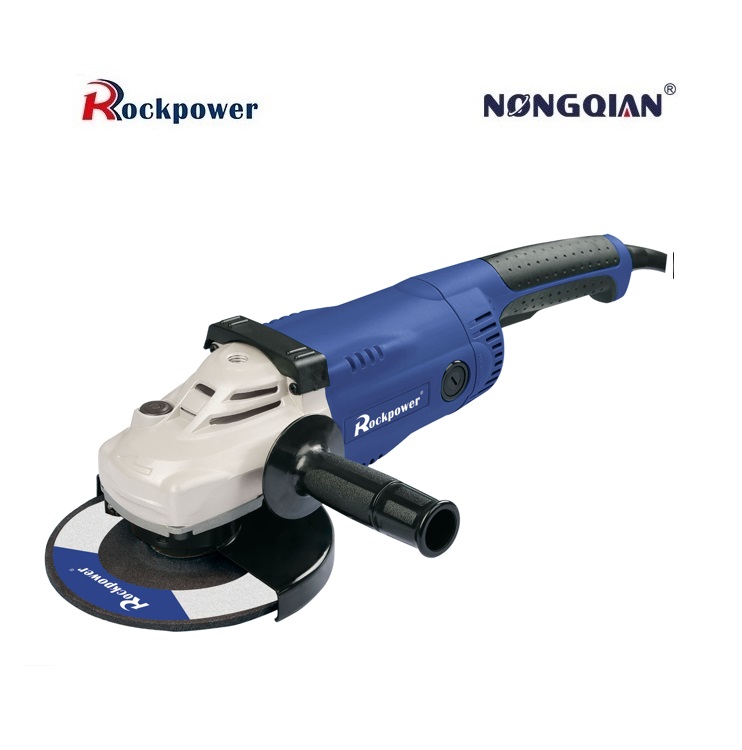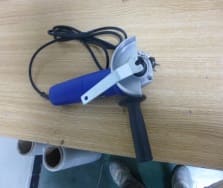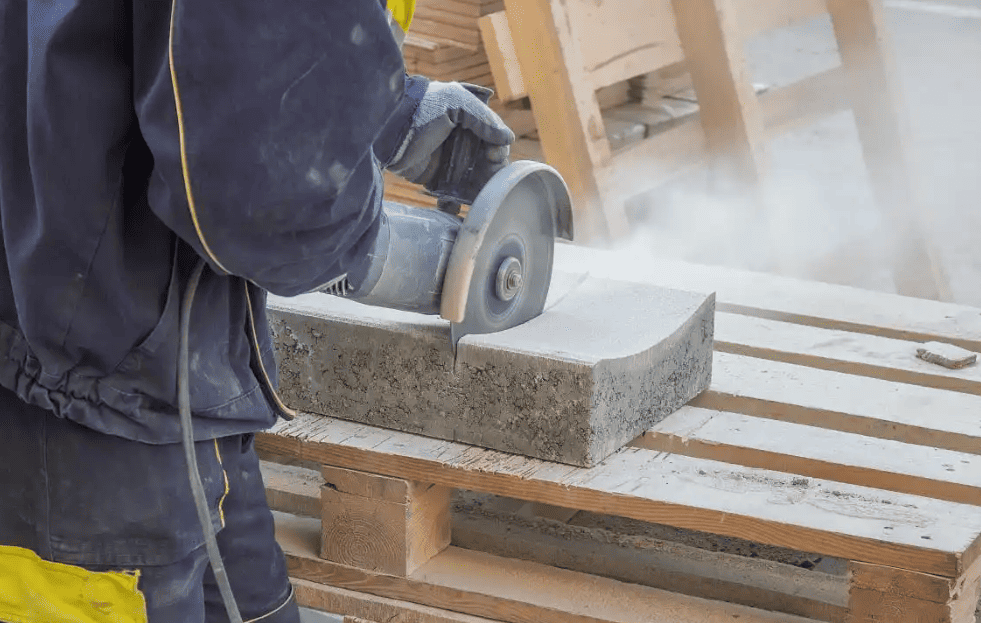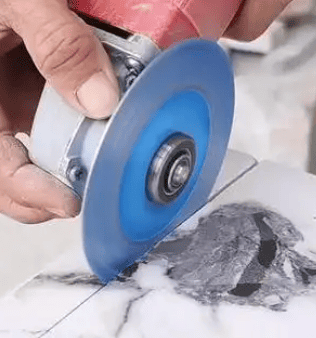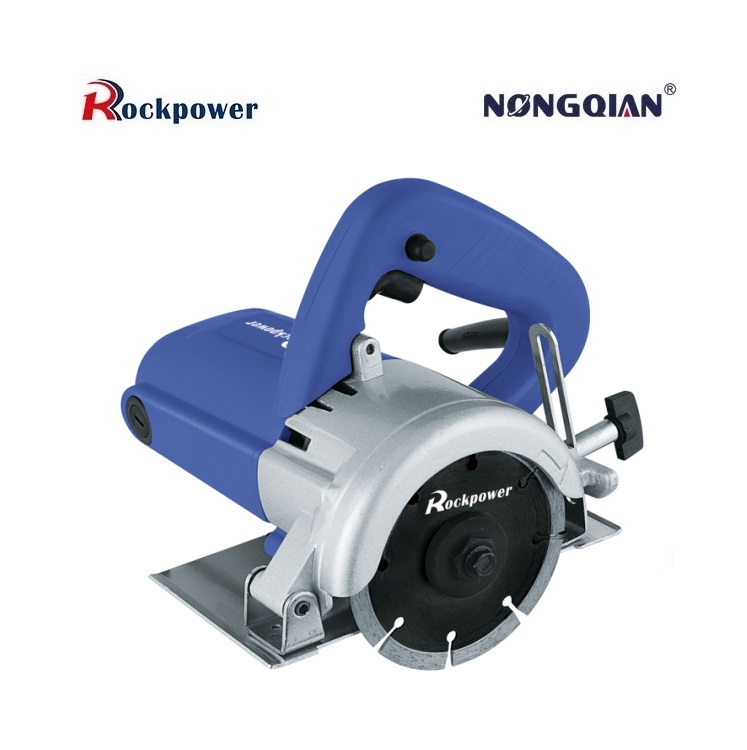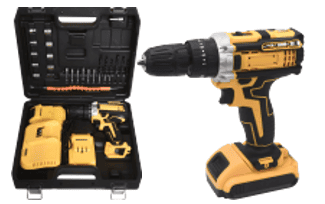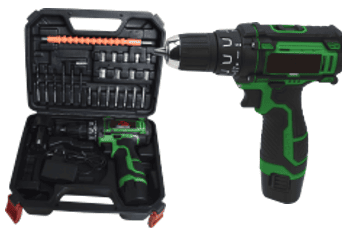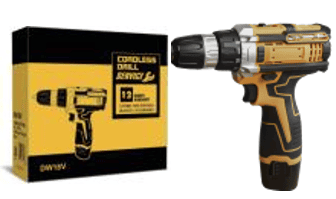Can I put a 20v battery on an 18V drill?
18V Drill Cannot Directly Use a 20V Battery: Voltage Mismatch May Damage the Device
Voltage Compatibility Issue
An 18V lithium battery has a lower rated voltage than a 20V lithium battery. Forcing a 20V battery into an 18V drill may overload the circuit, leading to device damage or safety hazards.
Solution
It is recommended to use an 18V battery that matches the original device or switch to a drill that supports 20V voltage. For greater versatility, consider purchasing a model that supports multiple voltage platforms (e.g., some 20V drills are compatible with 18V batteries).
Can an 18V Impact Wrench Use a 20V Battery?
1. Voltage Compatibility for Impact Wrenches
Whether an 18V impact wrench can use a 20V battery depends on the circuit design of the tool and the voltage characteristics of the battery. Generally, power tools have a limited voltage tolerance range. An 18V impact wrench is designed for 18V batteries, and its internal circuitry and motor may not withstand higher voltages.
Using a battery with a higher voltage than designed may damage the impact wrench’s circuitry or even pose safety risks. Therefore, it is not advisable to use a 20V battery with an 18V impact wrench.
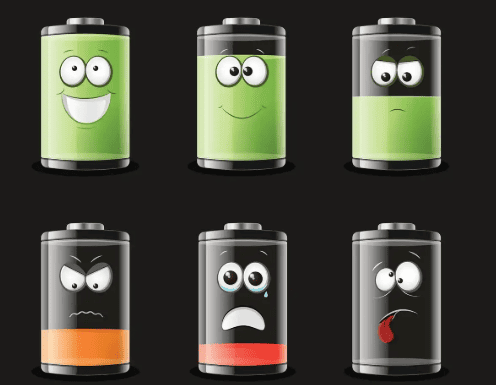
2. Compatibility of Dongcheng 18V and 20V Batteries
Whether Dongcheng’s 18V and 20V batteries are interchangeable depends on the specific battery model and the tool’s design. In theory, if a power tool’s voltage tolerance range includes both 18V and 20V, these batteries could be used interchangeably.
However, in practice, differences in current output, charging speed, and lifespan between batteries of different voltages may affect performance and longevity. Thus, it is best to follow the manufacturer’s instructions for battery and tool compatibility.
In summary, while some cases may theoretically allow 18V and 20V batteries to be used interchangeably, for safety and optimal performance, it is recommended to match the battery voltage with the tool’s specifications.
3. Usage Recommendations and Precautions
First, always ensure the battery voltage matches the impact wrench’s requirements to prevent circuit damage or safety incidents. If unsure, consult the tool and battery manuals or seek professional advice.
Second, when using batteries of different voltages, pay attention to whether the current output suits the impact wrench. Excessive or insufficient current may affect performance and lifespan.
Additionally, whether using original or third-party batteries, proper maintenance is crucial for longevity and safety. Avoid over-discharging, high temperatures, and humid environments.
In conclusion, matching an impact wrench with the right battery requires considering multiple factors, including circuit design, voltage tolerance, and current output. For safety and performance, always follow the manufacturer’s guidelines.
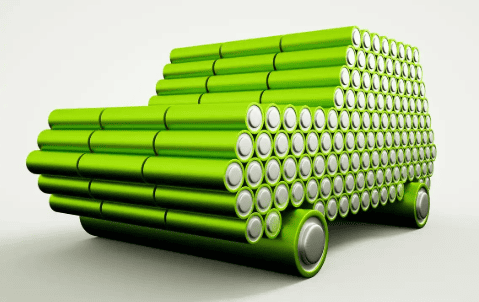
Can 18V and 20V Lithium Batteries Be Used Interchangeably?
First, there is a 2V difference between 18V and 20V. Second, if the number of individual cells is fewer than required for 18V, five cells in series produce an 18.5V battery pack. A 20V battery consists of six cells in series, forming a 22.2V pack (using 18650 cells with a nominal 3.7V each). Voltage regulation then provides standard 18V or 20V output.
For example, three 3.7V lithium cells in series yield 11.1V (12.6V max), and their charging circuit serves as a solution.
Which Is Better: 18V or 20V Lithium Battery Tools?
From a single battery’s performance perspective, at the same current, a 20V tool will last slightly longer than an 18V one, making it technically “better.” However, tool quality also depends on motor materials, craftsmanship, and other factors, not just battery voltage.
Can 18V and 20V Lithium Batteries Be Swapped?
No, 18V and 20V lithium batteries cannot be used interchangeably. An 18V battery’s rated voltage is lower than a 20V battery’s, and their voltage mismatch may damage the device. Using an 18V battery in a 20V device could cause overheating or failure, so they should not be swapped. Battries need to be propoerly packed so that to keep the longer life time for storage.
Lithium Battery Manufacturing Components
Bentonite asphalt emulsion is a thick, emulsion-based waterproof coating made from petroleum asphalt (base material) and bentonite (dispersant) through mechanical stirring. This coating can be applied to damp substrates, forming a durable, thick film. It adheres well to surfaces, withstands high temperatures (90–120°C), and can be used for maintaining asphalt-based waterproof layers, as a protective layer, or as an independent waterproofing layer for complex roofs and insulated surfaces.
You may also interest to read similar questions:
What to look for when buying a cordless drill?
When to use impact vs drill?
Is a brushless drill better?
What does “brushless” mean on a drill?
Are corded drills more powerful?
Is a hammer drill more powerful than a regular drill?

